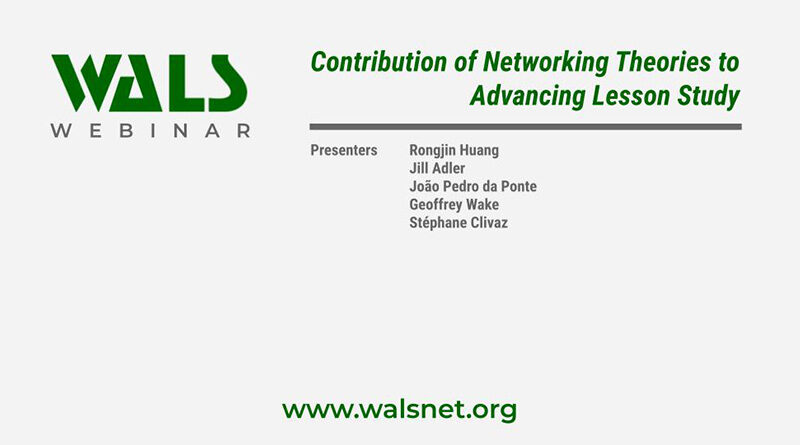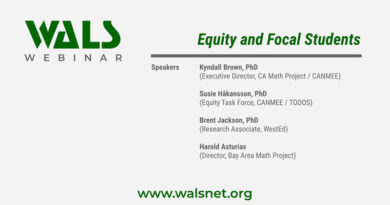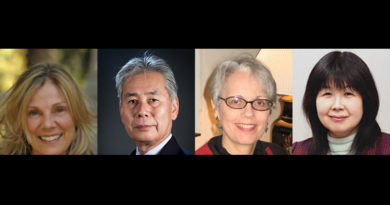Contribution of Networking Theories to Advancing Lesson Study
This webinar presents the features and strategies of networking theories to investigate lesson study based on the “Special Issue: Networking theories for understanding and guiding Lesson Study” of International Journal for Lesson and Learning Studies (IJLLS) 2023, Volume 12 Issue 1.




